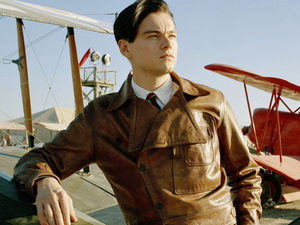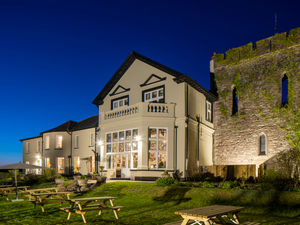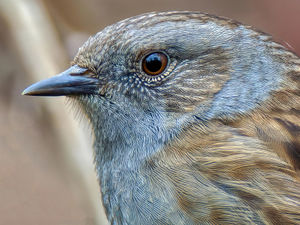Film Talk: Looking Back – Flying high with The Aviator
Two years earlier, the world was given the first taste of the magic of their collaboration. But in 2004, the journey of one of the most prolific partnerships in film was about to begin in earnest.

Following the almighty success of 2002’s Gangs Of New York, the movie community was watching and waiting for what the next shared project between directorial powerhouse Martin Scorsese and leading man leviathan Leo DiCaprio would be. Fortunately, they did not have to wait long to find out...
Written by John Logan, 2004’s The Aviator would tell the tale of celebrated American aviation pioneer and movie producer Howard Hughes. With Scorsese in the director’s chair, the flick would star DiCaprio in the leading role of Hughes, joined in front of the camera by Cate Blanchett, Kate Beckinsale, Ian Holm, John C. Reilly, Alec Baldwin, Jude Law, Gwen Stefani, Kelli Garner, Matt Ross, Willem Dafoe, Alan Alda, and Edward Herrmann.
Based on the 1993 non-fiction book Howard Hughes: The Secret Life by Charles Higham, the film depicts Hughes’s life from 1927 to 1947, during which time he became a successful film maker and an aviation magnate while growing unstable due to severe obsessive-compulsive disorder.
An icon of American history, to take on the telling of Hughes’s tale was both bold and brave. Could Hollywood’s latest dynamic duo pull it off?
Young Texan oil heir Howard Hughes refuses to wisely invest his fortune, preferring instead to indulge his exciting passions – Hollywood and aeroplanes. Hell bent on making the greatest movie ever seen, Hughes works tirelessly on producing the unprecedented air combat blockbuster Hell’s Angels, and to the despair of company overseer Noah Dietrich (Reilly), sinks dangerous financial sums and time into the project.
Despite this however, the movie proves a huge success, and brings Hughes to the attention of Hollywood starlet, Katherine Hepburn (Blanchett). As the two become closer and romantically entangled, Hughes pursues his aviation dreams, breaking flight records and purchasing a controlling share in airline TWA. Though when he incurs the wrath of fellow aviator Juan Trippe (Baldwin), head of rival airline PanAm, Hughes finds himself in a bitter battle for the control of the sky that puts him at odds with a scheming senator (Alda) and the FBI themselves. Though will this be the battle that breaks him, or will his personal demons and obsessions prove his undoing?
Released to a wealth of positive reviews praising DiCaprio’s performance and Scorsese’s direction, The Aviator grossed $214 million on a budget of $110 million and received multiple accolades.
At the 77th Academy Awards, it was nominated for 11 Oscars, including Best Picture, Best Director, Best Original Screenplay, Best Actor for DiCaprio, and Best Supporting Actor for Alda, and in fact won five – Best Cinematography, Best Film Editing, Best Costume Design, Best Art Direction, and Best Supporting Actress for Blanchett. At the BAFTAs, it was nominated for 14 awards, winning four – Best Film, Best Actress in a Supporting Role for Blanchett, Best Production Design and Best Make-up and Hair.
With a typically fantastic turn from DiCaprio, and a naturally omnipotent bit of directing from Scorsese, The Aviator cemented a movie-making marriage that would go on to bring us round after round of bottled genius in the form of flicks such as The Departed, Shutter Island, and, of course, The Wolf Of Wall Street. Need we say more?
A stunning biopic that reached for the skies and – like Hughes himself – succeeded in conquering them, The Aviator will long stand as a tribute to the vision of its director and the talent of its lead.





